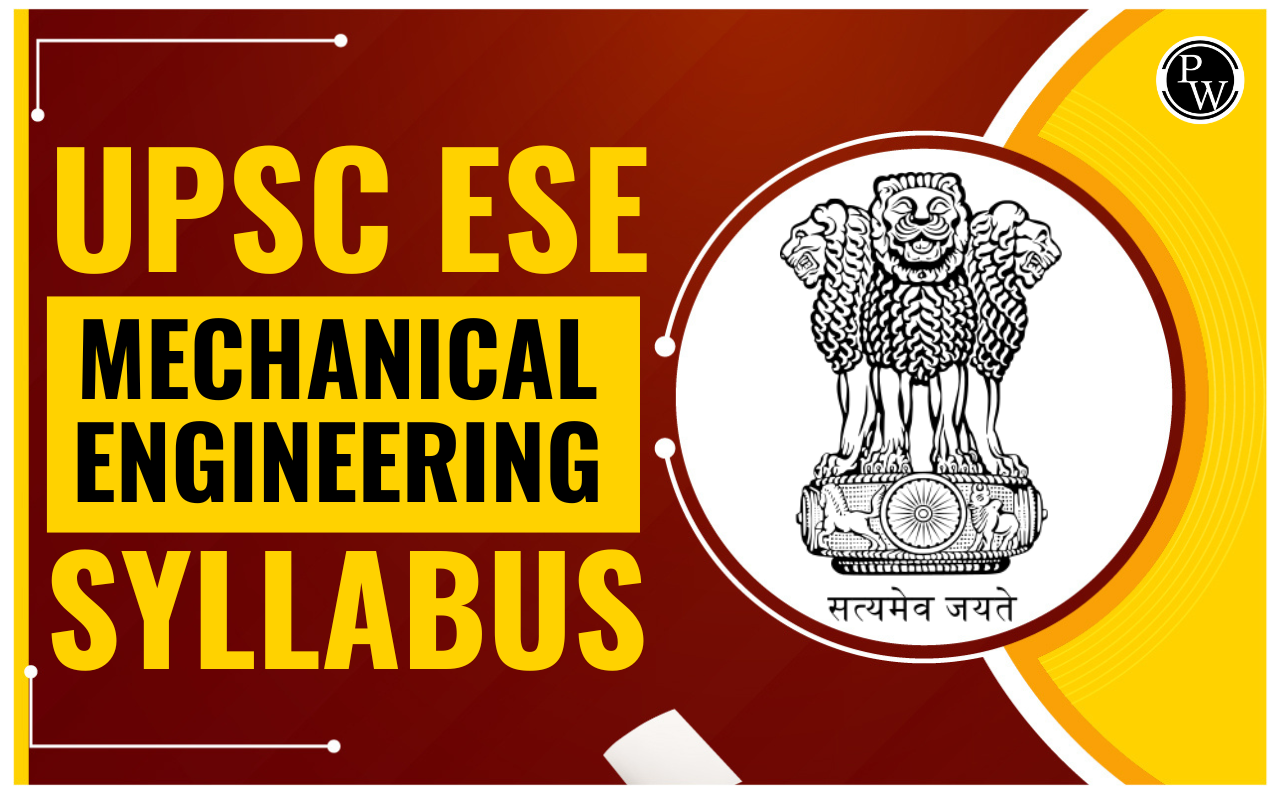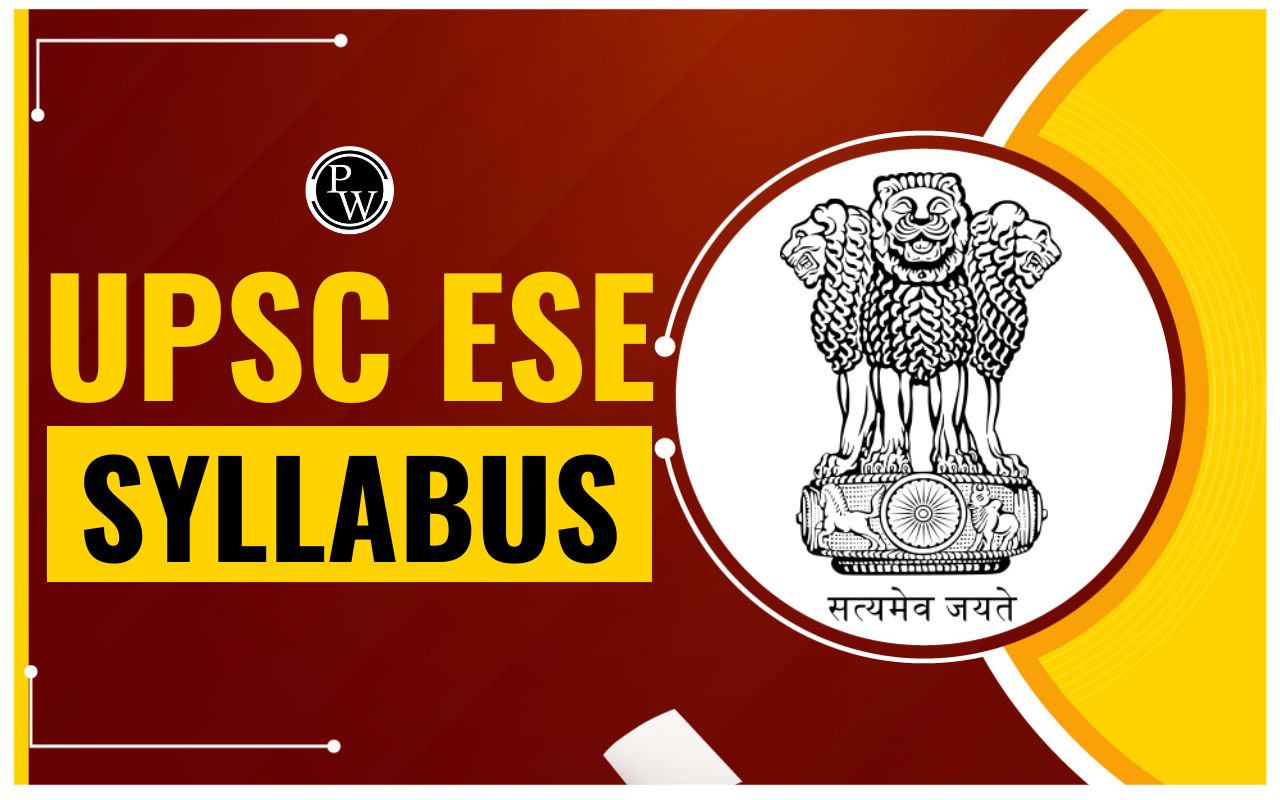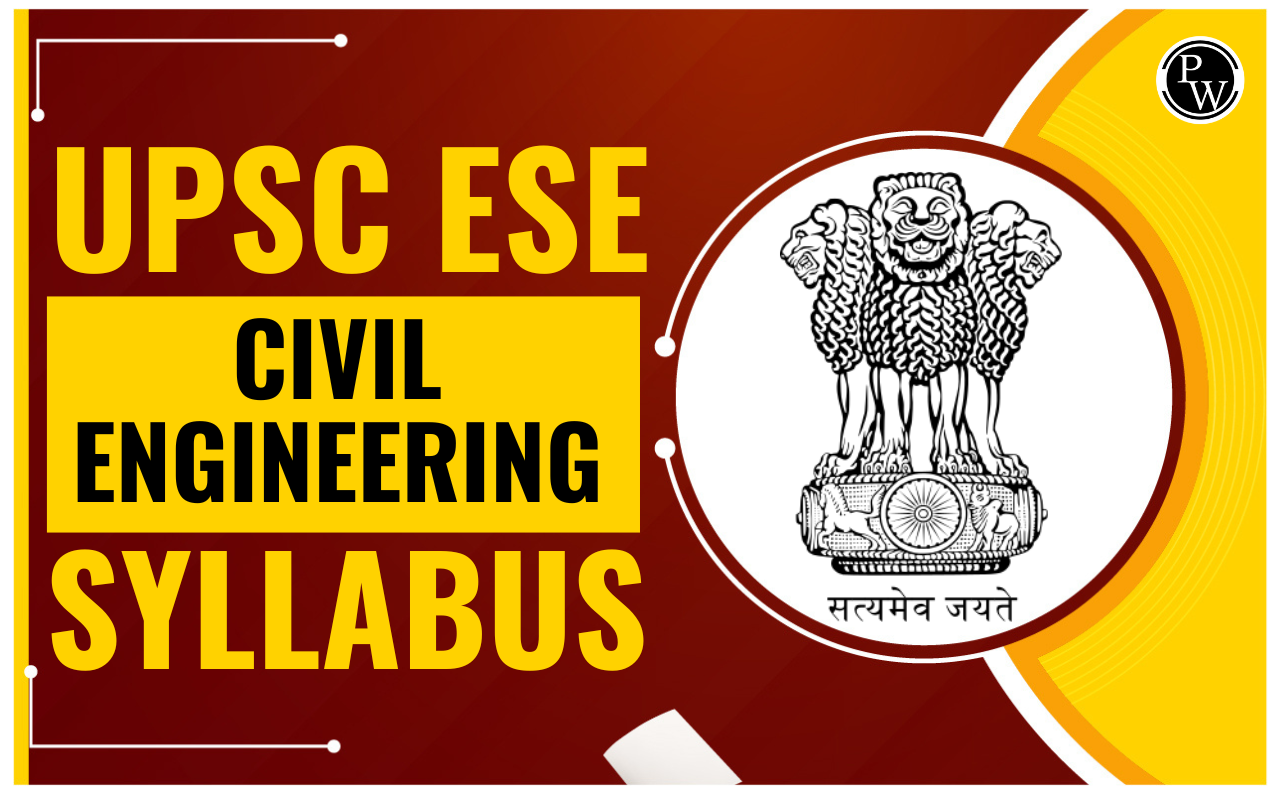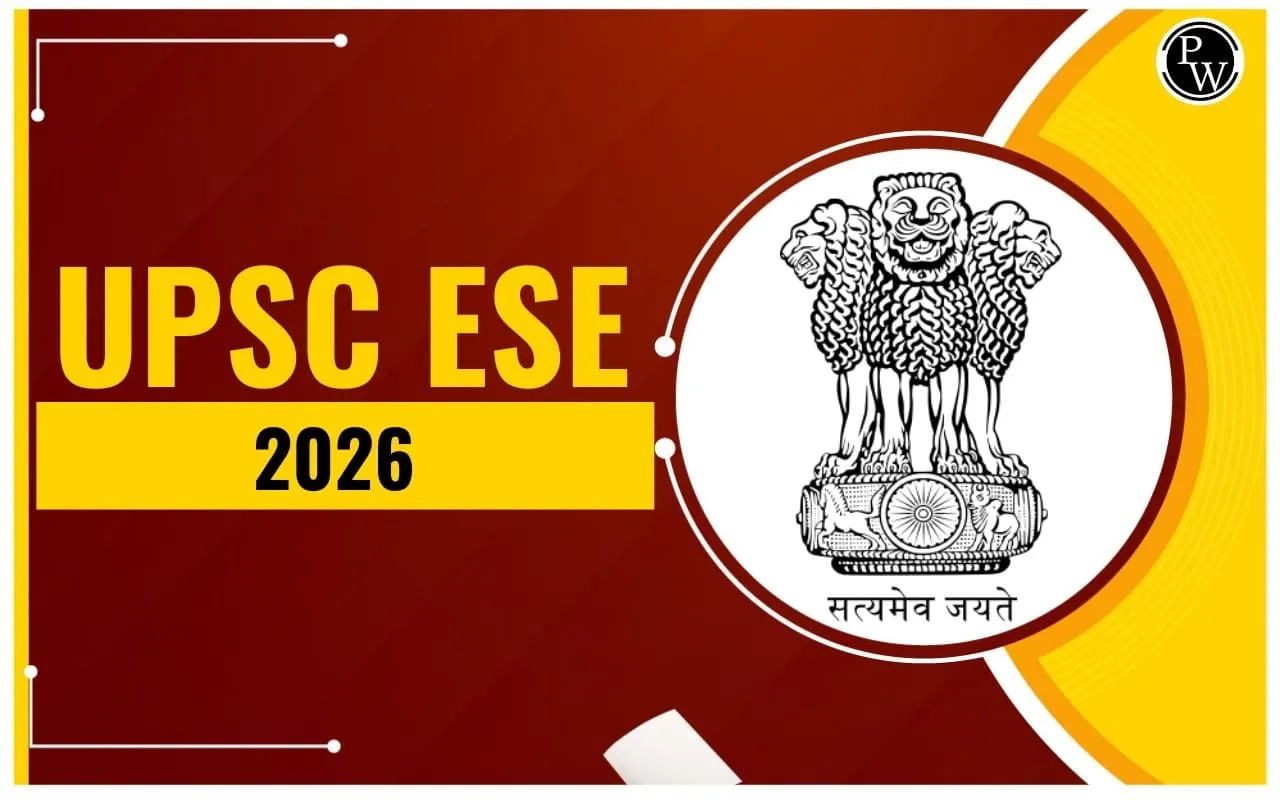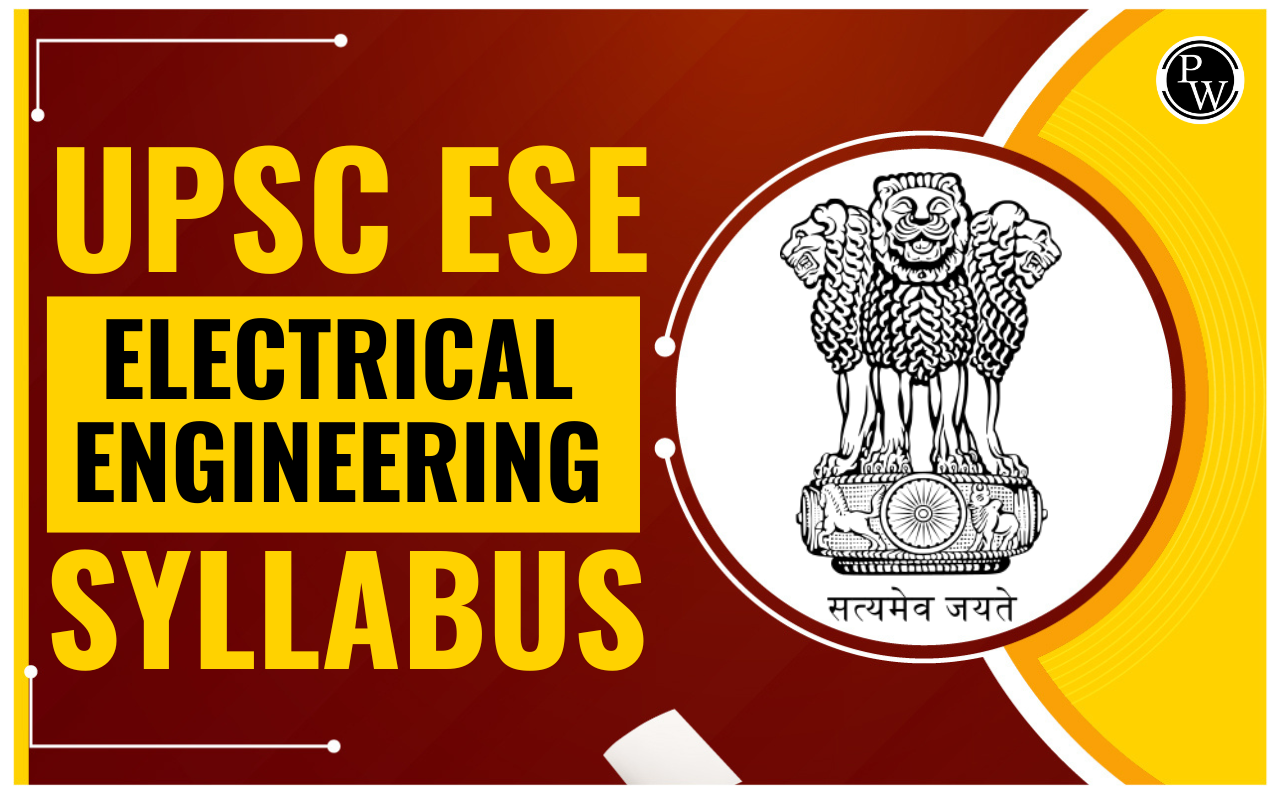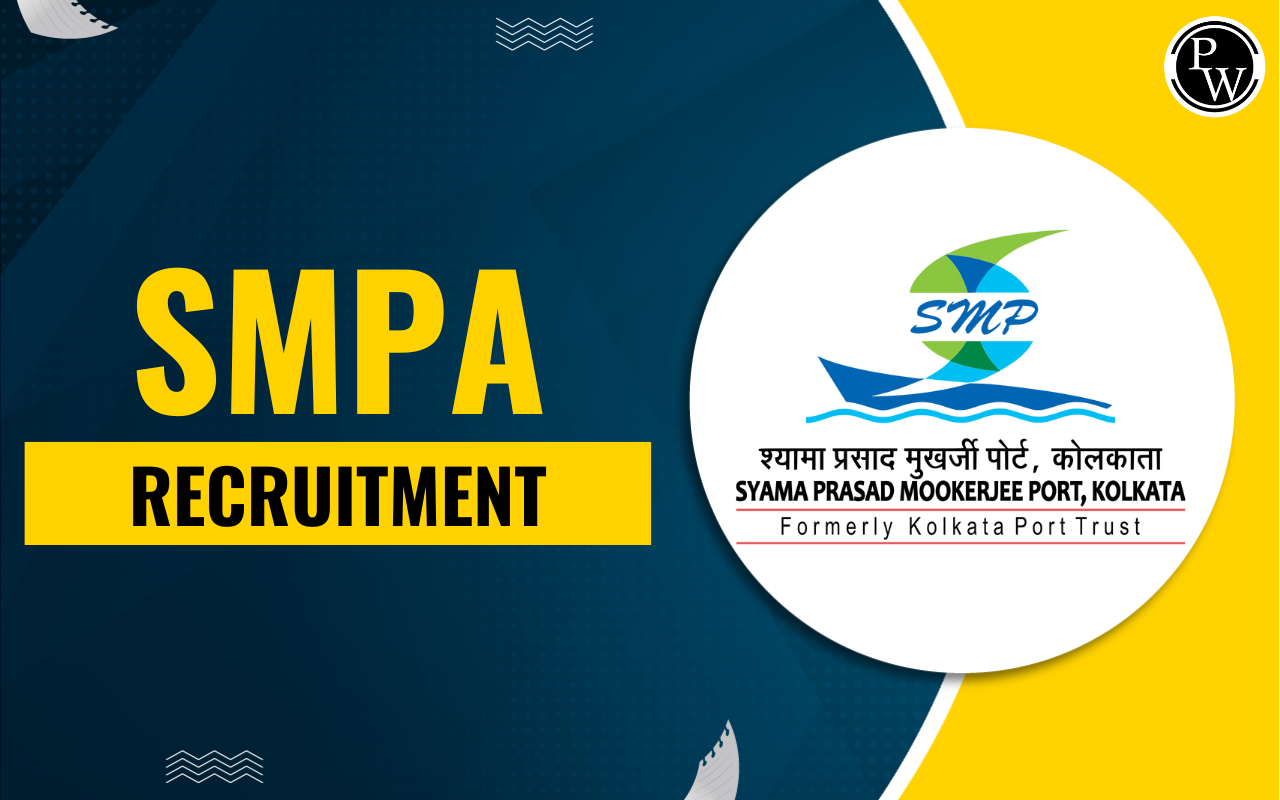
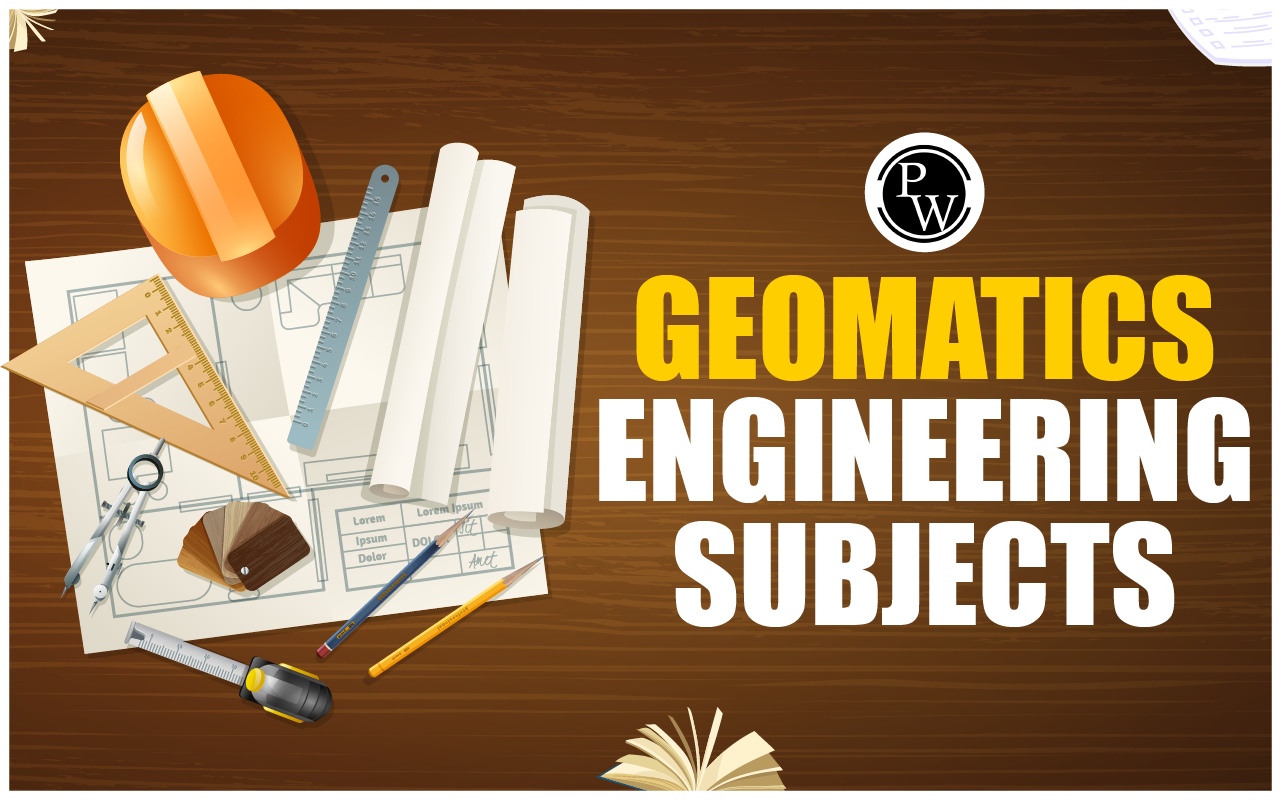
Geomatics Engineering Subjects: Geomatics engineering is a field of study that combines diverse technologies and methods for collecting, managing, analyzing, interpreting, and visualizing spatial and geographic information. Students preparing for the UG or PG degrees in GE are required to be well-versed in the geomatics engineering subjects they will cover throughout their studies.
Furthermore, geomatics engineering subjects cover topics such as land surveying, geodetic surveying, GIS fundamentals, remote sensing concepts, and the use of global navigation satellite systems (GNSS). Geomatics engineering is used in many sectors, including urban planning, environmental monitoring, infrastructure construction, and disaster management.Geomatics Engineering Subjects
The geomatics engineering subjects for B.Tech. are divided into eight semesters. On the other hand, for masters, the subjects are grouped into four semesters. Some of the core geomatics engineering subjects are mathematics, physics, chemistry, computer programming and numerical methods, and geomorphology, among others. Students planning to pursue their undergrad or postgrad degree in this branch should have a strong grasp of the geomatics engineering subjects.What is Geomatics Engineering?
Geomatics engineering is a specialized branch within information technology, which is also known as surveying engineering or geospatial science. The objective of geomatics engineering is to use spatial techniques to improve understanding, planning, organization, monitoring, and management of the Earth. This includes the creation of maps and geographic data for applications such as urban planning, property management, defense, and a variety of other essential requirements. Geomatics engineering is used to foster a thorough understanding of spatial information, allowing for informed decision-making and efficient resource use across an array of applications and sectors.| Geomatics Engineering Subjects Highlights | |
| Particulars | Details |
| Name of Branch | Geomatics Engineering |
| Courses Offered | B.Tech, M.Tech, others |
| Duration of Courses | B.Tech- 4 Years M.Tech- 2 Years |
| Eligibility Criteria |
|
| Admission Procedure | Entrance Tests such as JEE or GATE for M.Tech Admissions or Cut off based |
| Geomatics Engineering Subjects (Semesters) | B.Tech - 8 Semesters M.Tech- 4 Semesters |
| Geomatics Engineers Salary (Average) | Approximately INR 3,00,000 |
| Job profiles | Geographer, GIS Technician, GIS Analyst, and GIS Developer |
| Top recruiters | Tech Mahindra, Reliance Industries, Indian Space Research Organization (ISRO), Reliance Jio, Infosys, TCS, Google, HCL, and Regional Remote Sensing Centres (RRSC) |
Geomatics Engineering Subjects for B.Tech
Undergraduate programs in geomatics engineering lead to a four-year B.Tech program. This branch of engineering combines science and technology with a focus on the structure and properties of spatial information. Check out the B.Tech semester wise geomatics engineering subjects outlined in the table provided below. It is important to note that, while geomatics engineering subjects vary from university to university, they are all somewhat comparable. Check out the semester-by-semester geomatics engineering subjects offered by Andhra University's B.Tech program.Geomatics Engineering Subjects for B.Tech Semester 1
Geomatics engineering subjects such as physics, engineering graphics, and elements of cartography will be covered in the first semester of B.Tech. The complete geomatics engineering subject list for semester 1 is outlined below.|
Geomatics Engineering Subjects for B.Tech |
|
| Semester 1 | |
| Mathematics – I | Physics |
| Engineering Graphics | Elements of Cartography |
| Surveying | Workshop |
| Physics Lab | Surveying Fieldwork |
Geomatics Engineering Subjects for B.Tech Semester 2
In the second semester of the Geomatics Engineering B.Tech program, students will cover a range of subjects, including Mathematics II, Chemistry, English, Computer Programming and Numerical Methods. The table below covers a comprehensive list of geomatics engineering subjects for B.Tech.|
Geomatics Engineering Subjects for B.Tech |
|
| Semester 2 | |
| Mathematics II | Chemistry |
| English | Computer Programming and Numerical Methods |
| Geomorphology | English Language Lab |
| Chemistry Lab | Computer Programming and Numerical Methods Lab |
Geomatics Engineering Subjects for B.Tech Semester 3
Students will study information technology and applications and engineering mathematics III, among others, in the third semester of the Geomatics Engineering B.Tech program. The program also contains practical sessions such as Geology and Geomorphology Practical and Surveying Practical to give students hands-on experience in the field. The complete geomatics engineering subjects are listed below.|
Geomatics Engineering Subjects for B.Tech |
|
| Semester 3 | |
| Information Technology and Applications | Engineering Mathematics III |
| Fundamentals of Geology | Engineering Mechanics |
| Geomorphology | Surveying |
| Geology and Geomorphology Practical | Surveying Practical |
Geomatics Engineering Subjects for B.Tech Semester 4
The Geomatics Engineering subjects in the fourth semester include Environmental Studies, Remote Sensing-I, Photogrammetry and Photo Interpretation, Fundamentals of Atmospheric Systems, etc. To learn more, check out the table below.|
Geomatics Engineering Subjects for B.Tech |
|
| Semester 4 | |
| Fundamentals of Atmospheric Systems | Photogrammetry and Photo interpretation |
| Remote Sensing I | Environmental Studies |
| JAVA Programming | Probability and Statistics |
| Photogrammetry and Remote Sensing Practical | JAVA Programming Practical |
Geomatics Engineering Subjects for B.Tech Semester 5
During semester five, students learn geomatics engineering subjects such as Principles of Physical Oceanography, Operations Research, Database Management Systems, and Remote Sensing, among others. Let’s take a look at some of the key geomatics engineering subjects listed in the table below.|
Geomatics Engineering Subjects for B.Tech |
|
| Semester 5 | |
| Principles of Physical Oceanography | Digital Image Processing – I |
| Database Management Systems | Operations Research |
| Remote Sensing–II | Elective – I |
| Digital Image Processing– I Practical | Database Management Systems Practical |
Geomatics Engineering Subjects for B.Tech Semester 6
Geomatics engineering subjects in the sixth semester of the B.Tech program include Artificial Intelligence, Geographic Information Systems-I, Elements of Cartography, Hydrology and Geophysics, etc. In addition, students are required to undergo industrial training during the summer vacation. Explore more geomatics engineering subjects for the sixth semester outlined in this section.|
Geomatics Engineering Subjects for B.Tech |
|
| Semester 6 | |
| Artificial Intelligence | Geographic Information Systems-I |
| Elements of Cartography | Hydrology and Geophysics |
| Digital Image Processing II | Elective II |
| Geographic Information Systems-I Practical | Digital Image Processing II (Practical) |
| Industrial Training (Summer vacation) | |
Geomatics Engineering Subjects for B.Tech Semester 7
In the seventh semester of the Geomatics Engineering B.Tech. program, students will focus on advanced topics including digital photogrammetry, microwave remote sensing, computer graphics, and urban planning and information systems, among other geomatics engineering subjects, as outlined below.|
Geomatics Engineering Subjects for B.Tech |
|
| Semester 7 | |
| Digital Photogrammetry | Microwave Remote Sensing |
| Computer Graphics | Urban Planning and Information Systems |
| Economics and Business Finance for Engineers | Elective III |
| Digital Photogrammetry Practical | Urban Planning and Information Systems Practical |
| Industrial Training (Assessment) | |
Geomatics Engineering Subjects for B.Tech Semester 8
In the eighth and final semester of the GE B.Tech program, students will undertake advanced geomatics engineering subjects such as Geographic Information Systems II, Geodesy and GPS, Data Mining and Neural Networks, and more.|
Geomatics Engineering Subjects for B.Tech |
|
| Semester 8 | |
| Geographic Information Systems (II) | Geodesy and GPS |
| Data Mining and Neural Networks | Geographical Information Systems – II Practical |
| Project Work | |
Geomatics Engineering Subjects for M.Tech
M.Tech in Geomatics Engineering is a two-year master's degree program that consists of four semesters. In addition to the core geomatics engineering subjects, the course also includes a few optional or elective subjects, providing students with the flexibility to tailor their academic experience to their specific interests and career goals. Check out the semester-wise geomatics engineering subjects for M.Tech in this section.|
Geomatics Engineering Subjects for M.Tech |
|
| Semester 1 | |
| Fundamentals of GIS | Principles of Remote Sensing |
| Geodesy & GPS | Advanced Surveying |
| GeoDatabase Management System | Software Lab |
| Semester 2 | |
| Application of GIS | Project Management |
| Geomatics in Urban Planning | Spatial Data Analysis and Modeling |
| Minor Project | Seminar |
| Semester 3 | |
| Elective I | Elective II |
| Major Project I | |
| Semester 4 | |
| Major Project II | |
| Elective Subjects 1 | |
| Geoscience Aspects of Civil Engineering | Network Analyses Using Geomatics |
| Geomatics in Infrastructure | GIS in Water Resources Engineering |
| Elective Subjects 2 | |
| Environmental Modeling with GIS | Geomatics in Land Management |
| Planning for Utilities and Services | Geodetic Survey Measurements and Adjustments |
Geomatics Engineering Subjects in GATE Exam
Through GATE (Graduate Aptitude Test in Engineering), students can pursue masters or doctoral-level programs from prestigious institutions like IITs (Indian Institute of Technology) and NITs (National Institute of Technology), among others. The GATE examination is being held jointly by the seven IITs and IISc on a rotational basis. For the upcoming academic year, the Indian Institute of Science (IISc, Bengaluru) is administering GATE 2024 . Check out the geomatics engineering subjects for the GATE examination in the table outlined below.|
Geomatics Engineering Subjects in GATE Exam |
| Core Subjects |
|
| Optional Subjects |
| Part B: Section I (Optional) |
|
| Part B: Section II (Optional) |
|
Geomatics Engineering Subjects FAQs
What are the major geomatics engineering subjects?
How do I check the geomatics engineering subjects for M.Tech?
Who can pursue a geomatics engineering course?
What is geomatics engineering?

